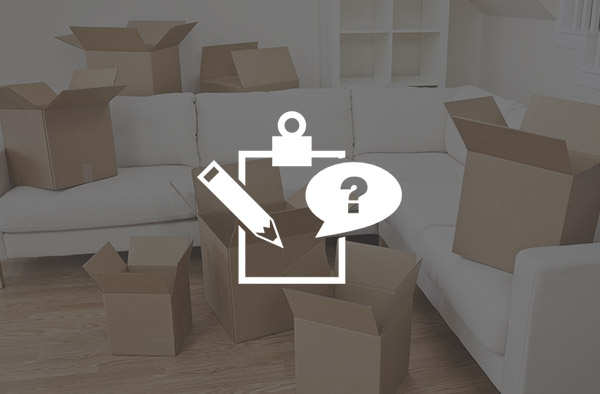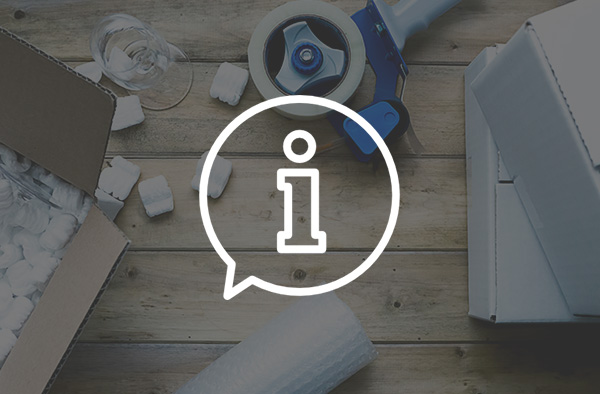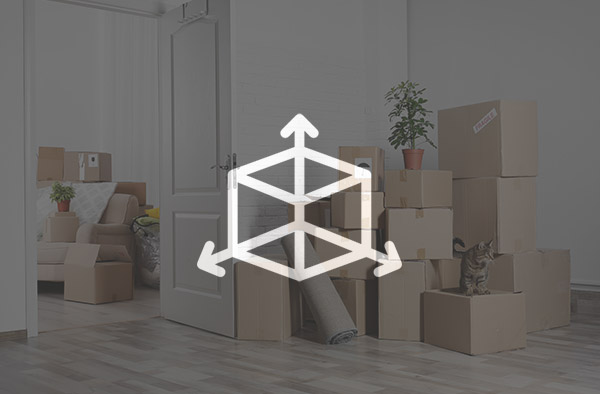
Storage Tips
These handy hints will ensure your goods remain clean and safe while they’re stored at Cube Storage in Nowra.
General tips for storage
TIP 1 – Fill cartons to capacity as partially full cartons may crumple.
TIP 2 – Avoid overfilling cartons as they may tip and are more difficult to stack.
TIP 3 – Use materials such as cartons, port-a-robes, paper, tape and bubble wrap to protect and maintain your goods for storage. We sell cartons and packing tape for your convenience.
TIP 4 – Label cartons as you go – so you can easily find and unpack items while in storage.
TIP 5 – Pack clothing and personal goods in strong secure cartons with mothballs, naphthalene, lavender or similar repellent product to help protect your goods.
TIP 6 – Books should be packed flat, not on their spine.
TIP 7 – Books or tools or other heavy items should be packed in smaller cartons to make them easier to handle.
Furniture storage
TIP 1 – Protect the shelving and structure of these items of furniture by emptying wardrobes, cupboards and drawers.
TIP 2 – Use drop sheets or similar covers to help protect your furniture.
TIP 4 – A moisture absorbent product should be placed within the storage shed to help protect against humidity or mold.
TIP 5 – Remove legs from tables, beds etc to save space and avoid damage.
White goods
TIP 1 – Do not store any food items in fridges and freezers.
TIP 2 – Thoroughly dry and clean white goods before storing.
TIP 3 – Secure fridge and freezer doors slightly ajar to maintain freshness. A deodoriser placed inside the appliance is also helps.
TIP 4 – Do not place items inside fridges or freezers as the shelves and linings can be easily marked or damaged.
Screens, paintings, mirrors and windows
TIP 1 – Store upright, standing on their edge; do not lay flat otherwise they are likely to break.
TIP 2 – Protect these items with packing material such as bubble wrap or in a flat pack carton.
Glassware and crockery
TIP 1 – Wrap fragile items individually in packing paper; newspaper can be messy, it is best to avoid.
TIP 2 – Place a layer of paper or ribbed cardboard at the bottom and top of cartons containing breakables.
TIP 3 – Avoid heavy cartons, which are difficult to handle, by packing items of crockery into smaller cartons.
TIP 4 – Fill gaps in the cartons with packing such as scrunched up paper or linen.
TIP 5 – Nest bowls and cups; stand plates, saucers, platters and casseroles on their edge.
TIP 6 – Label all cartons containing fragile items and avoid storing heavy items on top of them.
televisions, stereos and videos
TIP 1 – Televisions should be protected with bubble wrap or a similar protective item and stored upright.
TIP 2 – Handle with extra care as this equipment is very delicate.
TIP 3 – Use original boxes wherever possible. If you do not have the original box, wrap items individually in bubble wrap before you place them in cartons.
TIP 4 – Fill all gaps in the cartons with paper or linen.
TIP 5 – Secure turntables and tone arms of record players to prevent damage in transit.
TIP 6 – Pack records on their edge in cartons to prevent warping; pack CDs on their edge in individual cases to prevent scratches.
Computers & electronics
TIP 1 – Remove batteries to avoid damage from leaking batteries.
TIP 3 – Use original boxes where possible. If you do not have the original box, wrap items in bubble wrap and pack them in good quality cartons.
TIP 4 – Add packing at the bottom and top of cartons to provide extra protection and fill in any gaps.
TIP 5 – Use masking tape to label ports.
TIP 6 – Make a back up of your hard drive and store the back-up somewhere other than your storage shed.
Metallic goods
TIP 1 – Wrap silver in non-acidic tissue paper to help reduce tarnishing.
TIP 2 – Wipe chrome or cast iron with a small amount of machine oil; this will help with rust.
Vehicles, mowers and other machinery
TIP 1 – Store vehicles with minimal fuel.
TIP 2 – Drain fuel and oil from machinery to reduce the risk of leakage, spillage and damage to other items in your storage space. Petrol and oil left in your machinery are a fire hazard.
TIP 3 – Disconnect the battery to prolong the life of the battery.
What Not to Store
While we extend a lot of flexibility to our customers regarding what you can store in your unit, there are a lot of things that are prohibited for the sake of legality, and health and safety.
Perishable food
Food items will attract rodents and pests, which might, in turn, damage other items. Although we aim to maintain a pest free environment, we can only do so much to keep an infestation in check.
Food items will emit a foul odour as they spoil which may be absorbed into other items such as clothing.
Combustible, explosive or toxic materials
For obvious reasons concerning health and safety, you cannot keep anything that might be dangerous to your storage unit or others in the vicinity, or the building in general.
These items include gasoline, propane tanks, oxygen tanks, kerosene, motor oil, corrosive acids, fertilisers, paint, toxic/biological waste, fireworks, ammunition etc.
Vehicles and tires
You may keep a vehicle in storage, however, you will have to provide a registration record, proof of insurance and ensure that the vehicle is in good working condition.
We do not allow the storage of unregistered and outdated vehicles unless they are vintage and of considerable value. The storing of tires is also prohibited.
Running appliances
You can put your appliances, white goods, generator, or heater in storage but they must be disconnected, as should all other electronics that run on batteries. Refrigerators and freezers must be clean and empty when put into storage, and the doors left open. If you wish to have them running while in storage please discuss this with us.
Plants and animals
Please do not store garden plants or pets.
Damp or soiled goods
Due to humidity mould may grow while your goods are in storage. To reduce the incidence of mould forming, goods should be dry and clean when put into storage. We also recommend that you use moisture absorbent packs, and check and change them often.
There might be other items which we would discourage from storing. If you have any concerns on the items you wish to store, please discuss them us.




